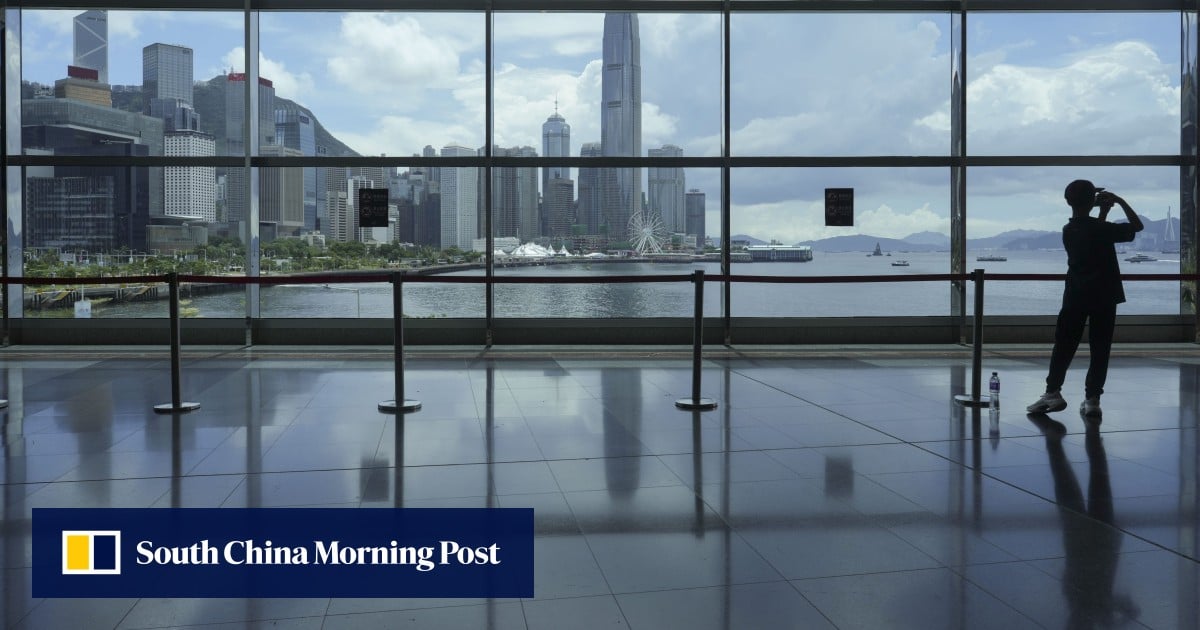Hong Kong stocks fell by the most in nearly three weeks as China’s deflationary trend became more entrenched, deepening concerns about the nation’s growth prospects.
At the close on Wednesday, the Hang Seng Index dropped 1.1 per cent to 23,892.32, its most substantial loss since June 19, while the Hang Seng Tech Index retreated 1.8 per cent. On the mainland, the CSI 300 Index slipped 0.2 per cent and the Shanghai Composite Index lost 0.1 per cent.
Henderson Land Development slumped 8.6 per cent to HK$25.90 after raising HK$8 billion (US$1 billion) from a sale of convertible bonds. Other Hong Kong property developers also fell: Hang Lung Properties slid 3.1 per cent to HK$7.45 and Sun Hung Kai Properties sank 3 per cent to HK$89.85. Alibaba Group Holding, owner of the Post, shed 3.8 per cent to HK$102.90 and Tencent Holdings slid 1.4 per cent to HK$497.60.
Producer prices on the mainland dropped by 3.6 per cent from a year earlier in June, marking the 33rd straight month of declines and the steepest drop in more than two years, the National Bureau of Statistics said on Wednesday. Consumer prices unexpectedly rose by 0.1 per cent.
Falling prices were believed by investors to be the biggest risk to China’s economy and the stock market, with the woes in the property market deterring homebuyers and industrial overcapacity hampering investments. Investors awaited more policy signals from a Politburo meeting later this month after top leaders pledged to address “involution”, a term coined to describe irrational competition in some industries plagued by excessive supply.
“The momentum in the property sector is still weakening,” said Zhang Zhiwei, chief economist at Pinpoint Asset Management in Hong Kong. “The ‘anti-involution’ campaign is still at its early phase. It is unclear what measures will be launched to prevent firms from over-competition in a weak demand environment.”
